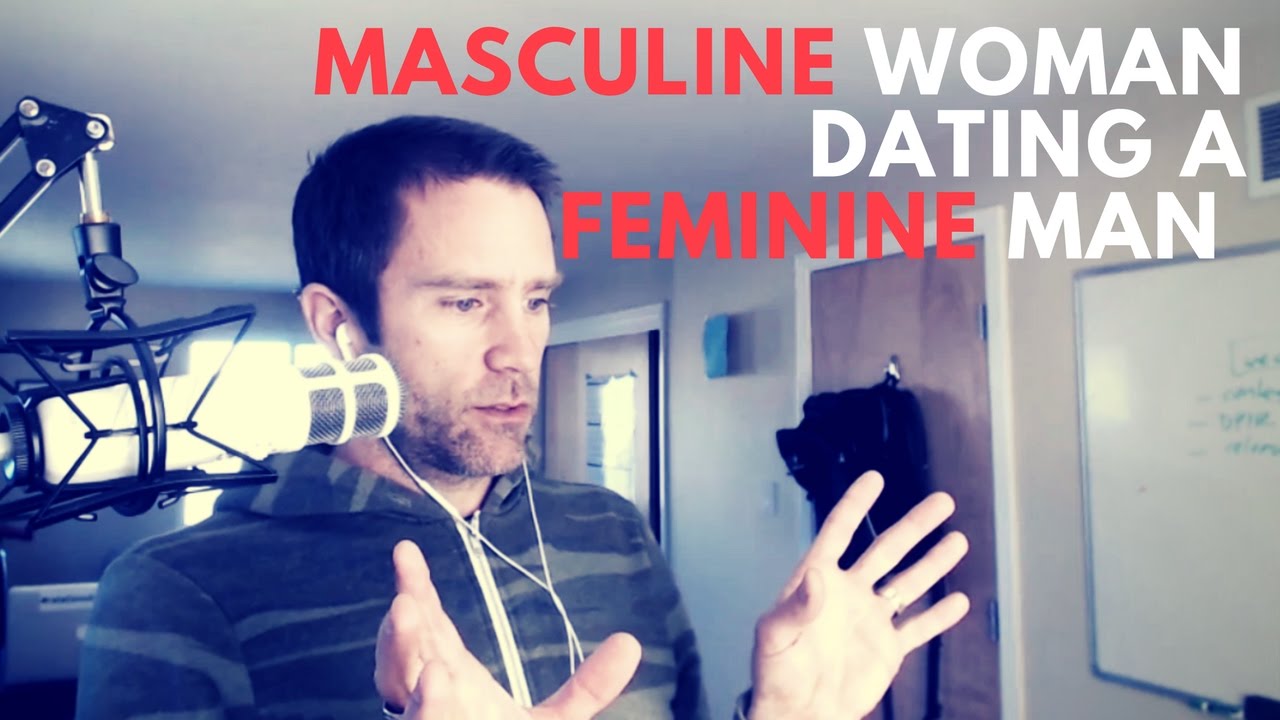What exactly is relationship burnout?
A lot of people feel burned out in their relationships because high-stakes relationships are downright hard.
Burnout happens to a certain group of people. Who are these people…and why do they experience relationship burnout?
Reasons Relationship Burnout Happens
Here’s the group of people I’m talking about: overfunctioners.
What is an overfunctioner? Someone who is doing the emotional labor in the relationship and someone who tracks and prioritizes the relationship. Overfunctioners are often strangely paired with underfunctioners.
When you’re carrying the relationship for both of you, you’re probably holding on to some resentment and frustration. Even if you haven’t admitted it to yourself, you probably resent the fact that your partner, friend, family member—whoever the other person is in the relationship—isn’t doing something. They just aren’t pulling their weight.
Maybe that person isn’t doing their part in the relationship, or maybe they aren’t doing what you would like them to do.
Either way, that’s where the marriage or relationship burnout stems from: resentment. In fact, the two are pretty much interchangeable.
How to Tell If You Have Relationship Burnout
Take a look at yourself and your relationship(s). Are you feeling exhausted, frayed, spent? Showing signs of emotional detachment?
Do you feel like you’re tired of working so hard on things all the time and you feel like it’s one-sided, that you’re putting all the effort into it? Do you think, “My relationship is stressing me out” often? These are sure signs of resentment and burnout.
It’s great that you’ve tried for a long time to improve your relationship—awesome, actually. It means you’re committed and that you want the best for the relationship.
You’re also stuck in a pattern of overfunctioning, and that’s not what’s best for you. It’s making things harder on you and wearing you out.
So what’s the solution in this situation?
Take a Break
Once you recognize your overfunctioning habit, it’s a good idea to take a break from it.
Before you try to change the other person or decide to leave your relationship, try to stop the pattern of overfunctioning. Do your best to let it go.
Try to practice breathing or setting a timer before you jump to what you usually do. Instead of making suggestions or requests, take that deep breath (or several of them) and set aside whatever you want to say.
It might feel difficult breaking the habit, but just like anything, you can train yourself to practice it.
Let the other person know that you’re going to take some time to focus on yourself instead—and that you’re not going to continue to ask them to be different than they are.
When you do that, it opens the door for you to love the person for who they truly are.
Here’s a quick video about relationship burnout:
Avoid Burnout in Your Relationships
So, if you’re feeling like you’re tired of being in a relationship or you might be on (or over) the edge of burnout in any relationships you’re in, it might be time to ask yourself some questions.
If you feel like you’re an overfunctioner, try to take these recommendations into account and see what happens. The best outcome would be that you feel more free, and that’s always a positive thing.
Also, you’ll have the opportunity to appreciate the other person for their personality instead of focusing on what they aren’t doing. That can be freeing for your relationship, and you’ll start to look at things differently.
When YOU finally change, instead of asking them to change, the whole relationship dynamic will change and you’ll feel empowered to co-create a new relational dynamic—or to leave the relationship entirely.
To learn three keys to working through conflict and improving communication, check out our free training here.
_______________________________________
Photo Credit: The HK Photo Company – Unsplash












I think posts like this are great for newlyweds
hi there, thanks we agree with you =)
Wow thank you so much for this excellent write up article,I am bless by it.
You’re very welcome, thanks for contributing to our community =)
Hi.. the article is very good and the points are also correct.
glad to hear you’re getting something from the work – thanks Bhushan =)